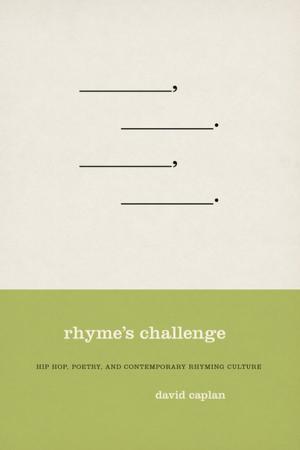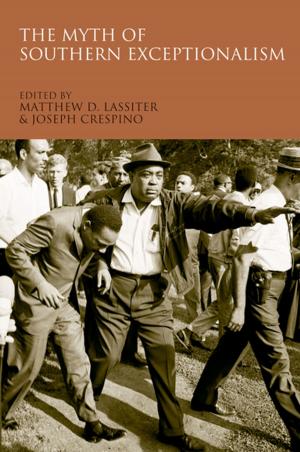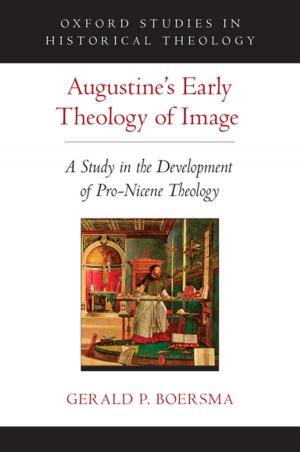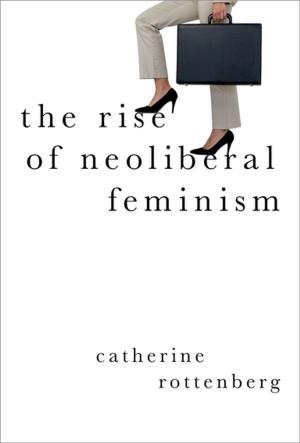In Search of Julián Carrillo and Sonido 13
Nonfiction, History, Americas, Central America, Entertainment, Music, Theory & Criticism, History & Criticism, Reference| Author: | Alejandro L. Madrid | ISBN: | 9780190463694 |
| Publisher: | Oxford University Press | Publication: | September 1, 2015 |
| Imprint: | Oxford University Press | Language: | English |
| Author: | Alejandro L. Madrid |
| ISBN: | 9780190463694 |
| Publisher: | Oxford University Press |
| Publication: | September 1, 2015 |
| Imprint: | Oxford University Press |
| Language: | English |
In the 1920s, the Mexican composer Julián Carrillo (1875-1965) developed a microtonal system called El Sonido 13 (The 13th Sound). Although his pioneering role as one of the first proponents of microtonality within the Western art music tradition elevated Carrillo to iconic status among European avant-garde circles in the 1960s and 1970s, his music and legacy have remained largely overlooked by music scholars, critics, and performers. Confronting this paucity of scholarship on Carrillo and his music, Alejandro L. Madrid goes above and beyond "filling in" the historical record. Combining archival and ethnographic research with musical analysis and cultural theory, Madrid argues that Carrillo and Sonido 13 are best understood as a cultural complex: a network of moments, spaces, and articulations in which Carrillo and his music continuously re-acquire significance and meaning. Thus, Madrid explores Carrillo's music and ideas not only in relation to the historical moments of their inception, but also in relation to the various cultural projects that kept them alive and re-signified them through the beginning of the twenty-first century. Eschewing traditionally linear historical frameworks, In Search of Julián Carrillo and Sonido 13 employs an innovative transhistorical narrative in which past, present, and future are explored dialogically in order to understand the politics of performance and self-representation behind Carrillo and Sonido 13. In Search of Julián Carrillo and Sonido 13 transforms the traditional genre of the composer study, treating it not as a celebration of "masters" and "masterworks," but as a pointed postcolonial intervention that offers invaluable insight into the politics of cultural exchange, experimentalism, marginality, and cultural capital in twentieth century Mexico.
In the 1920s, the Mexican composer Julián Carrillo (1875-1965) developed a microtonal system called El Sonido 13 (The 13th Sound). Although his pioneering role as one of the first proponents of microtonality within the Western art music tradition elevated Carrillo to iconic status among European avant-garde circles in the 1960s and 1970s, his music and legacy have remained largely overlooked by music scholars, critics, and performers. Confronting this paucity of scholarship on Carrillo and his music, Alejandro L. Madrid goes above and beyond "filling in" the historical record. Combining archival and ethnographic research with musical analysis and cultural theory, Madrid argues that Carrillo and Sonido 13 are best understood as a cultural complex: a network of moments, spaces, and articulations in which Carrillo and his music continuously re-acquire significance and meaning. Thus, Madrid explores Carrillo's music and ideas not only in relation to the historical moments of their inception, but also in relation to the various cultural projects that kept them alive and re-signified them through the beginning of the twenty-first century. Eschewing traditionally linear historical frameworks, In Search of Julián Carrillo and Sonido 13 employs an innovative transhistorical narrative in which past, present, and future are explored dialogically in order to understand the politics of performance and self-representation behind Carrillo and Sonido 13. In Search of Julián Carrillo and Sonido 13 transforms the traditional genre of the composer study, treating it not as a celebration of "masters" and "masterworks," but as a pointed postcolonial intervention that offers invaluable insight into the politics of cultural exchange, experimentalism, marginality, and cultural capital in twentieth century Mexico.















